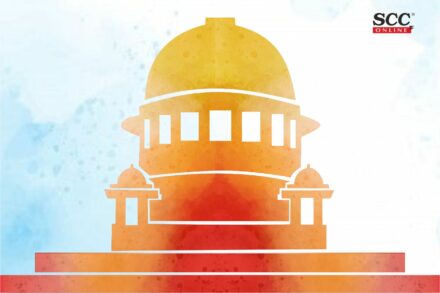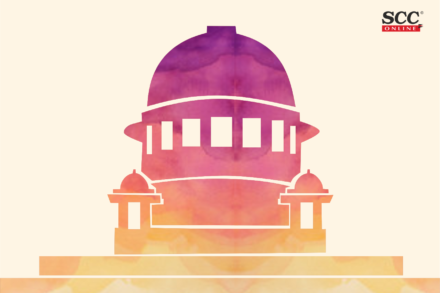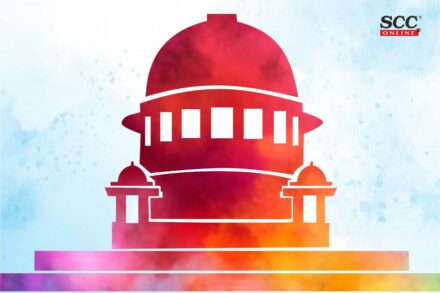
POCSO| “Touch”, “physical contact” can’t be restricted to “skin to skin contact”; “sexual intent” is the key. SC reverses Bombay HC’s “dangerous precedent”
“The reasoning in the High Court’s judgment quite insensitively trivializes – indeed legitimizes – an entire range of unacceptable behaviour which undermines a child’s dignity and autonomy, through unwanted intrusions.”




